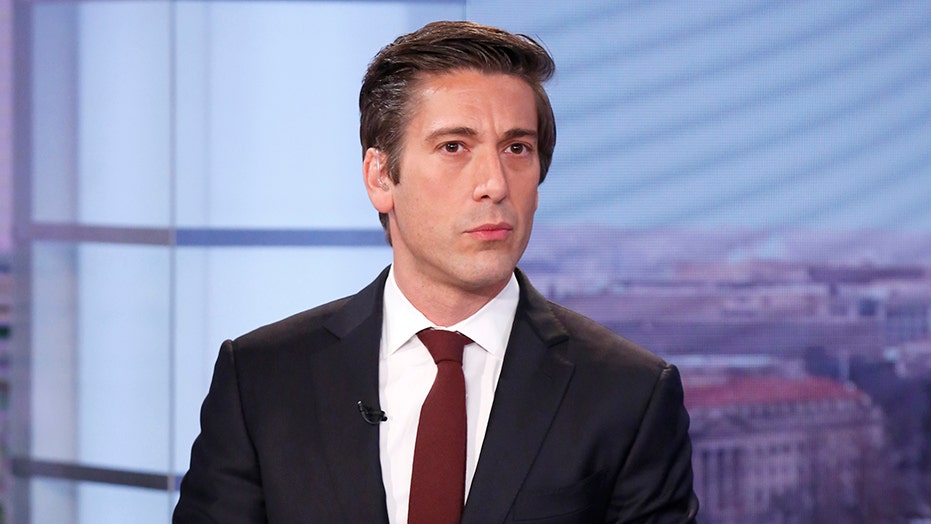The US began collecting a 10% “baseline” tariff on all imports on Saturday as President Donald Trump urged Americans to “hang tough” after market turmoil.The UK and France are among hundreds of countries impacted and its leaders have said nothing is off the table. While China, which has been hit the hardest by President Trump’s tariffs, announced a significant retaliatory response.All three major stock indexes in the US plunged more than 5% on Friday, with the S&P 500 dropping almost 6%, capping the worst week for the US stock market since 2020.In Washington DC, New York and other cities thousands gathered to protest against a range of Trump’s policies – from the economy to government cuts.Trump described the market volatility as “an economic revolution”, which the US “will win”.”Hang tough, it won’t be easy, but the end result will be historic,” he added in a post on Truth Social.His policy changes have sent shockwaves through global supply chains.In the UK, the FTSE 100 fell almost 5% – its steepest in five years, while Asian markets also dropped and exchanges in Germany and France faced similar declines.Billionaire Elon Musk, a close ally of Trump and responsible for the Department of Government Efficiency (Doge), said the US and Europe could move towards a “zero-tariff situation”, which could create “a free-trade zone between Europe and North America”.His comments, made as he travelled to meet government ministers in Italy, came days before the Trump administration introduces tariffs on goods of up to 50% on 9 April to what it calls the “worst offenders” for trade imbalances with the US. The EU is due to be hit with a 20% levy.In his first term in office, Trump scorned a proposed free-trade deal with the EU, called the Transatlantic Trade and Investment partnership, but a bubbling trade war was ended after he put threats to impose tariffs on European cars aside in 2018.British Prime Minister Sir Keir Starmer had a series of calls with world leaders following Trump’s tariffs announcement on Wednesday.In a readout issued after Sir Keir’s conversation with French President Emmanuel Macron, Downing Street said the pair “agreed that a trade war was in nobody’s interests but nothing should be off the table”.Sir Keir and Macron also “shared their concerns about the global economic and security impact, particularly in South East Asia”.China, the world’s second largest economy, was hardest hit by Trump’s “reciprocal tariffs” towards nations he deems unfriendly to America’s interest.On Friday, Beijing announced retaliatory tariffs of 34% on US imports – the same as Washington imposed on imports from China. Beijing also filed a complaint against the new tariffs to the World Trade Organisation.In a statement a day later, China’s foreign ministry urged Washington to “stop using tariffs as a weapon to suppress China’s economy and trade, and stop undermining the legitimate development rights of the Chinese people”.In Washington DC and across the US, around 1,200 demonstrations were expected to take place on Saturday, marking the largest single day of protest against President Trump and Musk since the White House announced policy changes to how the US government is led – expanding the power of the executive branch.The White House is yet to comment on the protests, but Trump was pictured by an AP photographer – excluded from the press pool – with an issue of the New York Post in his hand, open to an article about China.The impact on trade since tariffs came into place has been palpable.In the UK, Jaguar Land Rover announced it would “pause” all shipments to the US as it works to “address the new trading terms”.
Trump urges US to ‘hang tough’ as 10% tariffs come into effect




